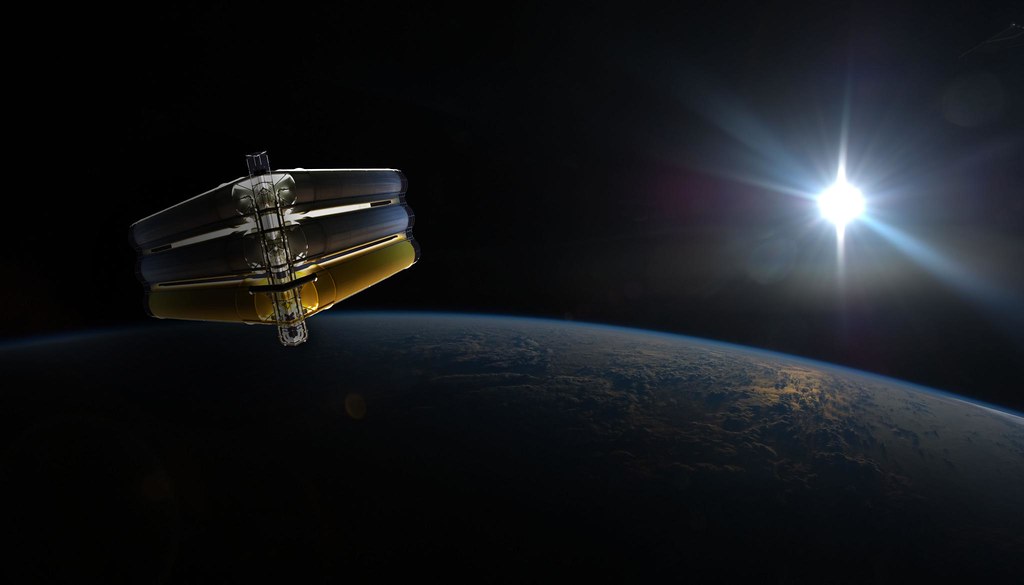Science News Roundup: Father builds exoskeleton to help wheelchair-bound son walk; Russia's new Nauka space module set to dock with ISS and more
The module, a multipurpose laboratory named after the Russian word for 'science', is due to dock with the ISS at 1326 GMT, Russia's space agency Roscosmos has said. Sponge-like Canadian fossils may be earliest sign of animal life Fossils found in rugged mountainous terrain in Canada's Northwest Territories may give a glimpse at the humble dawn of animal life on Earth - sea sponges that inhabited primordial reefs built by bacteria roughly 890 million years ago.

Following is a summary of current science news briefs.
Father builds exoskeleton to help wheelchair-bound son walk
"Robot, stand up" - Oscar Constanza, 16, gives the order and slowly but surely a large frame strapped to his body lifts him up and he starts walking. Fastened to his shoulders, chest, waist, knees and feet, the exoskeleton allows Oscar - who has a genetic neurological condition that means his nerves do not send enough signals to his legs - to walk across the room and turn around.
Russia's new Nauka space module set to dock with ISS
Russia will enhance its capabilities at the International Space Station when the Nauka module, set to serve as a research lab, storage unit and airlock, docks later on Thursday, following last week's launch from the Baikonur Cosmodrome in Kazakhstan. The module, a multipurpose laboratory named after the Russian word for 'science', is due to dock with the ISS at 1326 GMT, Russia's space agency Roscosmos has said.
Sponge-like Canadian fossils may be earliest sign of animal life
Fossils found in rugged mountainous terrain in Canada's Northwest Territories may give a glimpse at the humble dawn of animal life on Earth - sea sponges that inhabited primordial reefs built by bacteria roughly 890 million years ago. A Canadian researcher said on Wednesday the fossils, dating to a time called the Neoproterozoic Period, appear to show distinctive microstructures from the body of a sea sponge built similarly to a species living today called the Mediterranean bath sponge, or Spongia officinalis.
(This story has not been edited by Devdiscourse staff and is auto-generated from a syndicated feed.)
ALSO READ
Russia and Venezuela Unite in Concern Over US Actions in Caribbean
Gujarat Man's Plea for Rescue: Caught in the Russia-Ukraine Conflict
South African Recruits Trapped in Russian Mercenary Scam
Russia's Stealthy Skies: The Su-57 Fighter's Engine Upgrade
Ukrainian Strike Targets Russian Oil Terminal, Ignites Blaze










